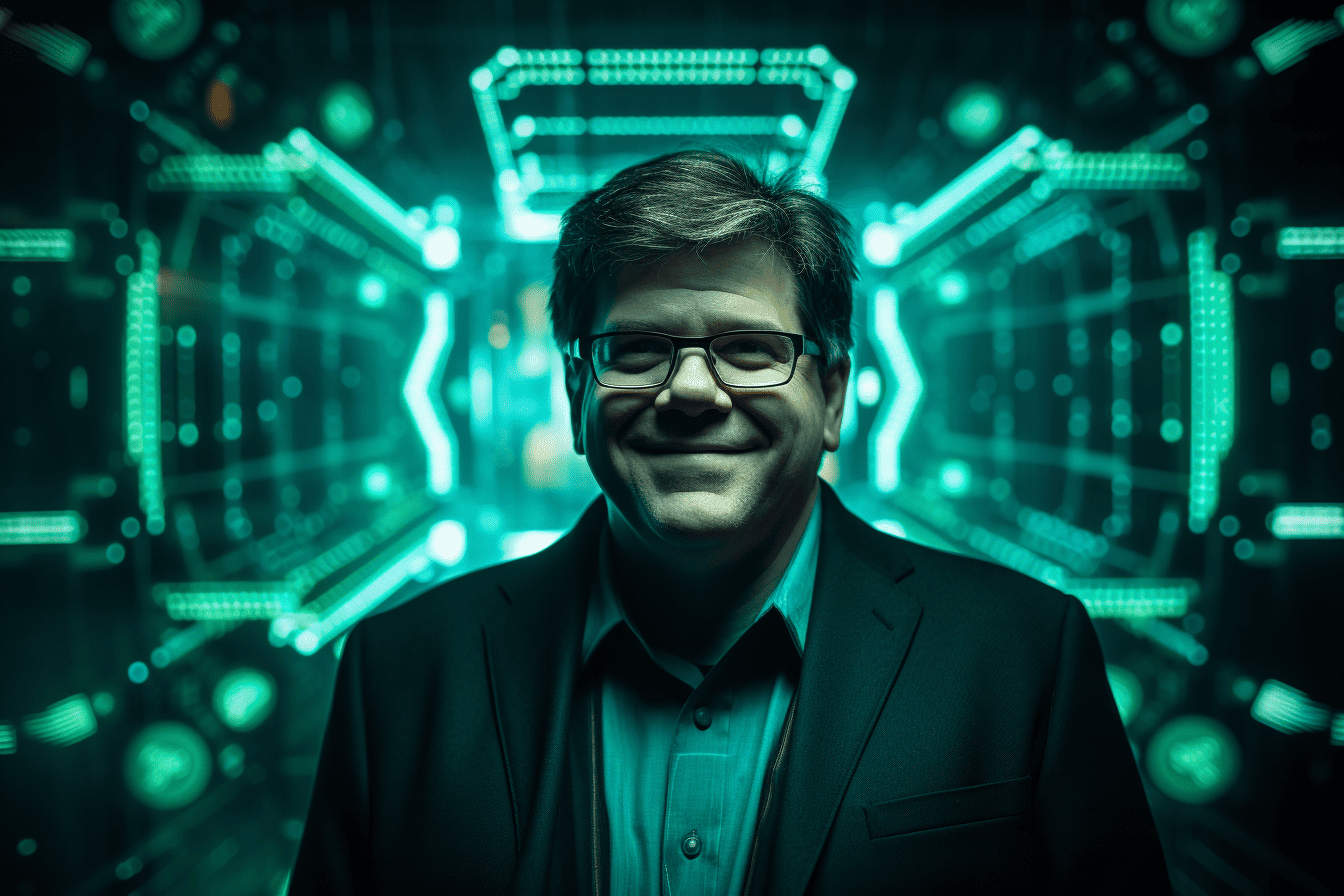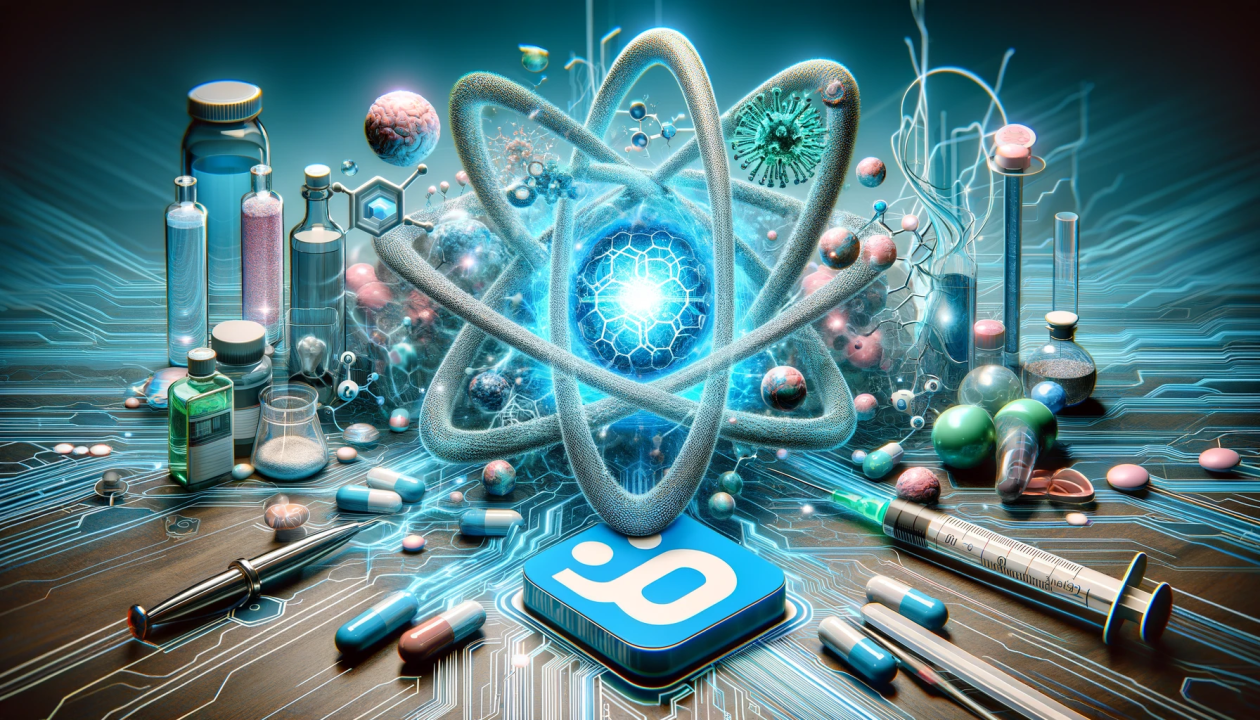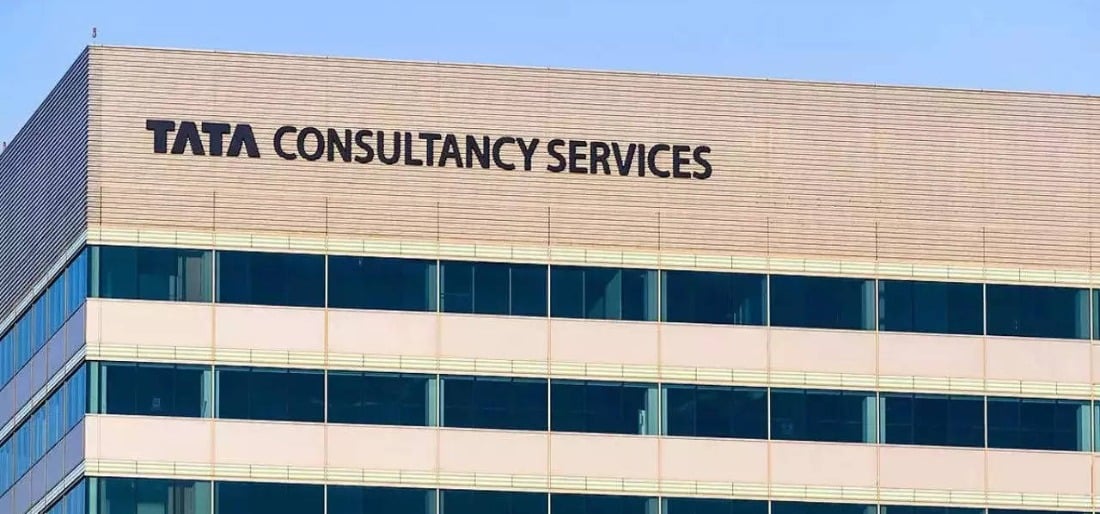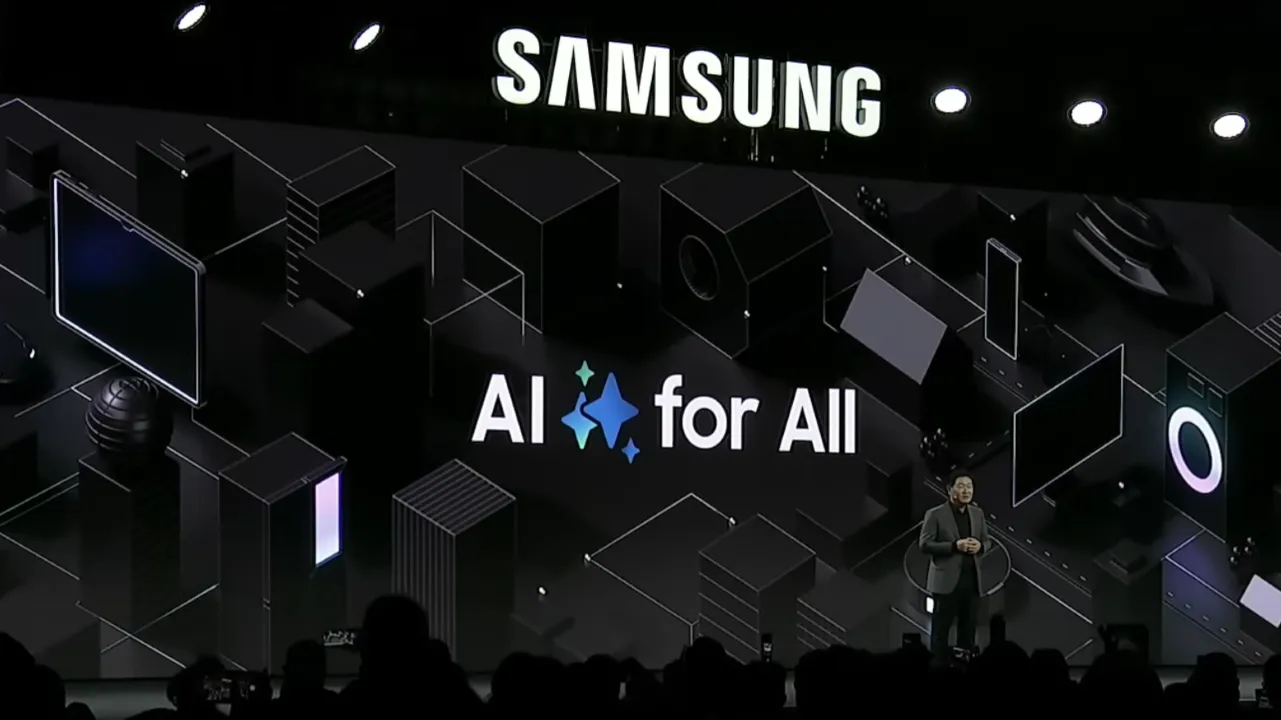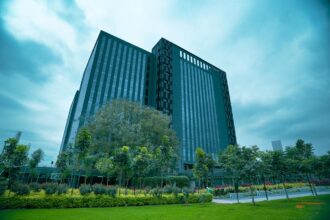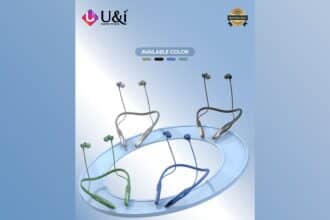Meta’s Chief AI Scientist, Yann LeCun, predicts a transformative shift in artificial intelligence architectures within the next three to five years, heralding what he describes as a “decade of robotics”. As we stand on the brink of these advancements, it’s crucial to understand the implications and the mechanics of such a seismic shift in AI and robotics technology.
Yann LeCun, a pivotal figure in AI research, anticipates that the current AI systems will evolve dramatically, moving away from the traditional architectures to more sophisticated models that could fundamentally change how these systems learn and function. He envisions this transition occurring over the next five years, with profound impacts expected to ripple through various sectors globally.
The Evolution of AI Architectures
LeCun criticizes the current limitations of large language models (LLMs), which he argues are far from achieving human-level intelligence. Instead, he advocates for a new generation of AI that can perform hierarchical planning and learning from the real world—a stark departure from the existing data-dependent models. This shift is expected to overcome the existing barriers in AI’s reasoning and learning capabilities.
AI and the Renaissance of Humanity
Drawing parallels with the historical Renaissance, LeCun believes that the forthcoming AI revolution will mirror the explosion of knowledge and intellectual flourishing that characterized the Renaissance period. According to him, AI will not only augment human capabilities but also spearhead advancements in various fields such as medicine, science, and access to information, thus empowering humanity at large.
Challenges and Ethical Considerations
Despite the optimistic outlook, LeCun acknowledges the challenges ahead. The development of these new AI systems will require significant breakthroughs in technology and methodology. Moreover, as these powerful systems become integral to our lives, ensuring they operate within safe and ethical boundaries will be paramount. He stresses the importance of implementing robust ‘guardrails’ to manage these systems, drawing an analogy with the regulatory frameworks that govern human actions.
As we look towards a future dominated by advanced AI and robotics, understanding and anticipating the changes in this landscape becomes crucial. Yann LeCun’s vision presents a dual narrative of challenge and promise—ushering in an era that could redefine the boundaries of technology and its integration with human society.



